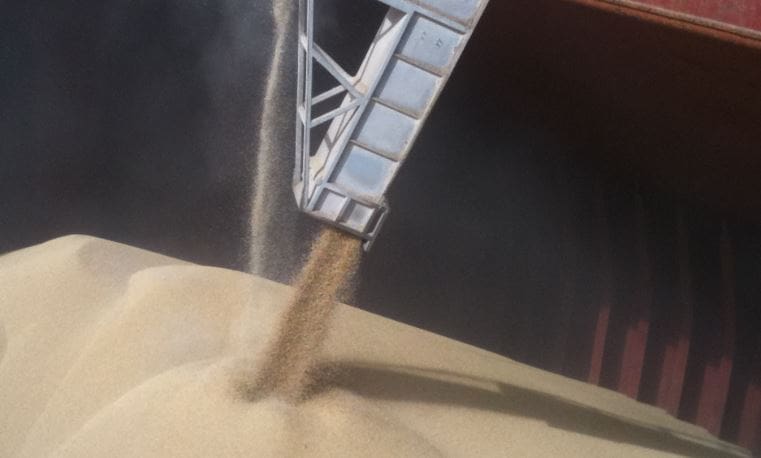AN ABARES Insights paper that explores how Australia’s agricultural export performance over the past 15 years has found the growth of ag exports has been strongly supported by the proliferation of free trade agreements (FTAs).
 ‘Stocktake of Free trade, competitiveness and a global world: How trade agreements are shaping agriculture’ looks at the history of Australia’s FTAs and how they have assisted with export competitiveness and the growth of agricultural exports.
‘Stocktake of Free trade, competitiveness and a global world: How trade agreements are shaping agriculture’ looks at the history of Australia’s FTAs and how they have assisted with export competitiveness and the growth of agricultural exports.
ABARES agricultural forecasting and trade head, Dr Jared Greenville, said 81 per cent of Australian agricultural exports were now destined for countries with which Australia had a preferential trade agreement.
“The importance of FTAs to Australia’s agricultural export performance cannot be overstated,” Dr Greenville said.
“The value of our agricultural exports to countries with which we have an FTA is estimated to be about $39 billion in 2019/2020.
“Over the past 15 years they have provided access to new and growing markets and have supported the competitiveness of our products abroad.”
Dr Greenville said there were only a few major trading partners that remained with which Australia did not yet have a preferential trade agreement.
“These include the European Union, the United Kingdom and India. Negotiations with these trading partners are underway and the pursuit of FTAs with new partners will remain of key importance to Australia’s future trade agenda,” he said.
Preferential access
Dr Greenville said negotiating FTAs and maintaining their gains requires significant effort and investment.
“FTAs are a long-term investment, for example the Indonesia-Australia Comprehensive Economic Partnership Agreement (IA-CEPA) which came into force 5 July 2020.
“By 2050 Indonesia is projected to be the world’s fourth largest economy, with its per person consumption predicted to be greater than China for key commodities such as cereals and beef.
“Australia’s agricultural exports are poised to benefit greatly from this projected rapid growth and the preferential access we have secured with this important trading partner.”
The report notes that once an agreement is in place, parties to it cannot be complacent.
“Once we get an agreement some of the gains can be eroded as new countries also negotiate agreements with our trading partners,” Dr Greenville said.
“It’s important for government to keep working on securing progressive advances like technical market access for products under the agreements to help realise the potential benefits.”
Dr Greenville said FTAs could help buffer Australian agricultural exports from shocks and disruptions such as COVID-19.
“FTAs provide options for exporters and help them manage risks in markets without having to overcome tariff and other barriers when shifting products between markets,” he said.
Australia among top 15
The report notes Australia is now among the top 15 agricultural exporters in the world, with the sector exporting about 70pc of production to 192 countries.
“This success on the world stage could not have been achieved without government and industry partnerships to secure market access in global markets,” Dr Greenville said.
“Ultimately the priority for the Australian agricultural sector will continue to be about having access to export markets and being competitive in those markets.
“Ensuring Australia provides access to imported products will also be important for the competitiveness of our domestic industries.
“The negotiated removal of trade barriers, whether through our own FTAs or through those between other trading partners, will continue to support more efficient global value chains and a more liberalised global trading landscape.”
Source: ABARES
Full report: ‘Stocktake of Free trade, competitiveness and a global world: How trade agreements are shaping agriculture‘

HAVE YOUR SAY